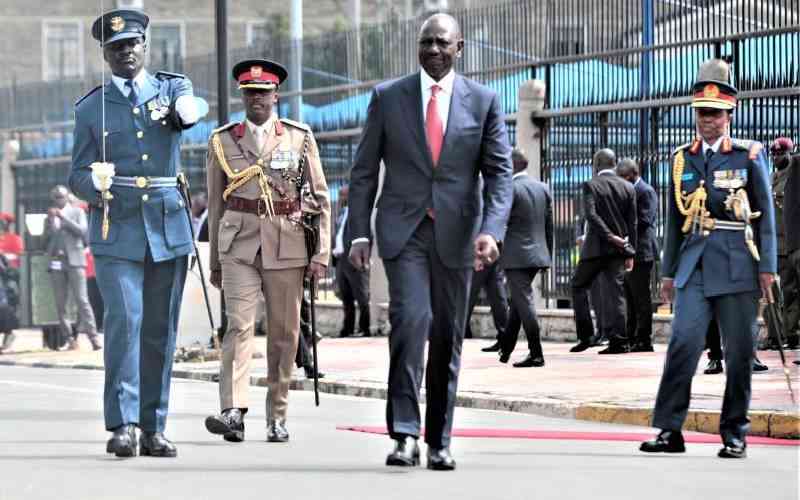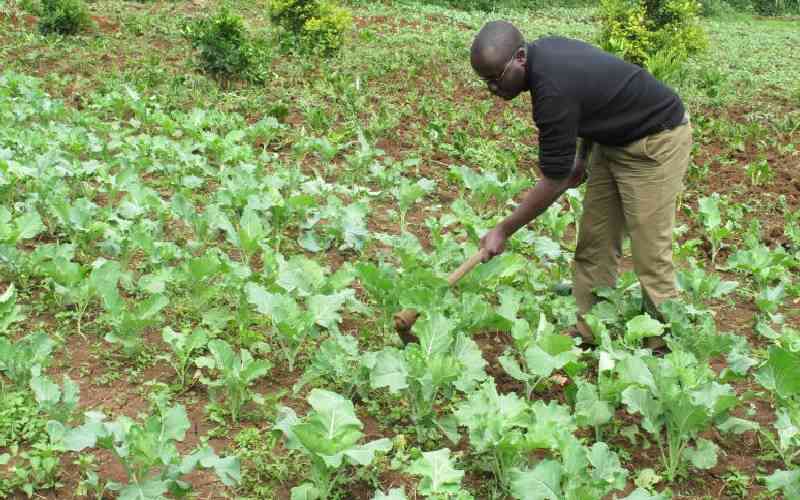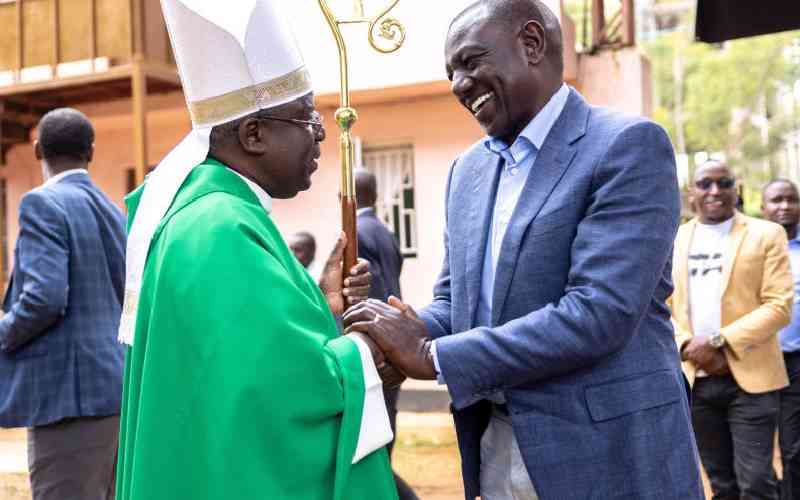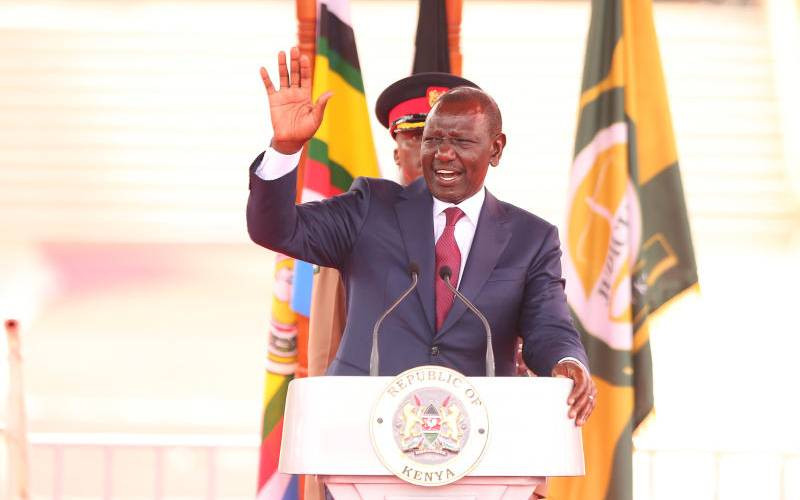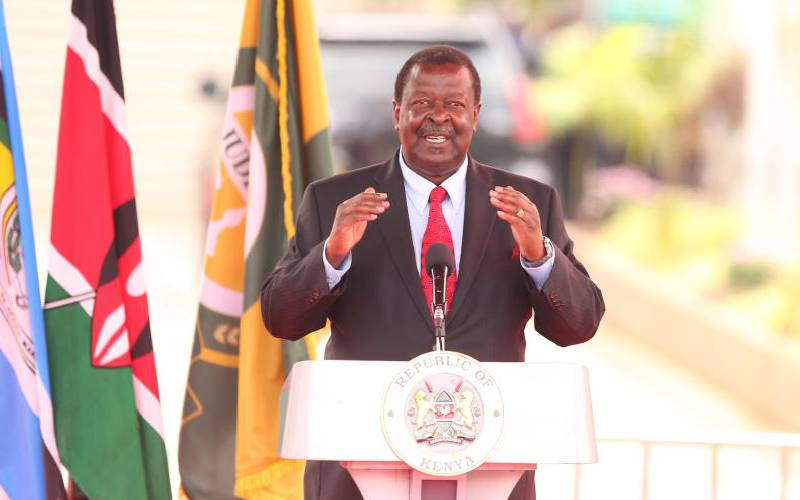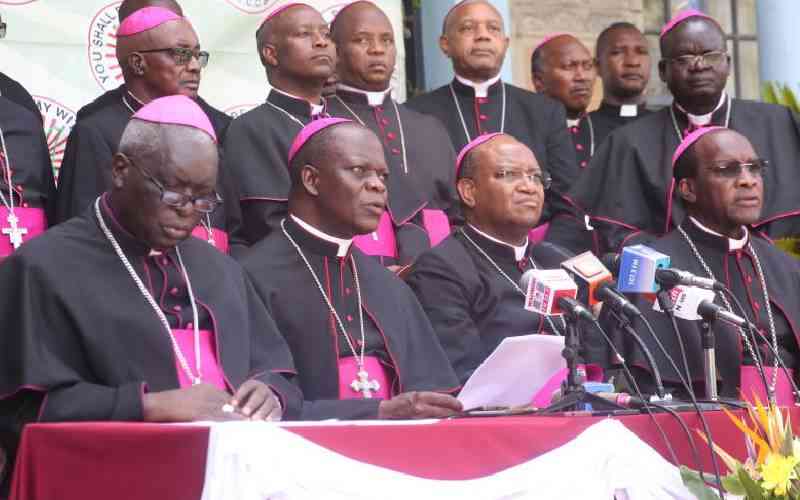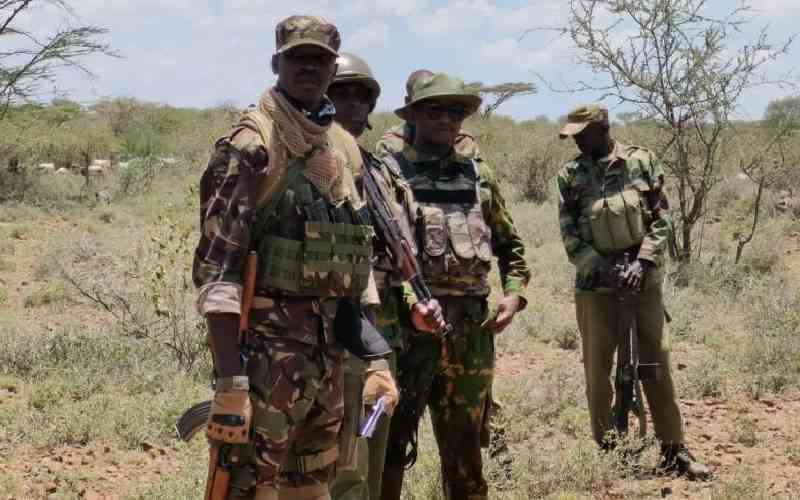
Once again, the North Rift region is in the news because of armed raids by 'bandits'. Turkana, West Pokot, Baringo, Samburu, and Marakwet areas of Elgeiyo Marakwet County are now under curfew. The rhetoric calls for disarmament as usual. Earlier this week, four police officers were killed on the Kitale-Lodwar highway by 'bandits'.
Several other killings have occurred in the region, including the infamous Kapedo massacre of 21 Administration Police officers in 2014. Additionally, 40 officers were killed in the Suguta Valley in November 2012. The region has been plagued by sporadic murders of citizens since then.
Our nation has been dealing with conflict in the North Rift for a long time. Diverse causes contribute to the problem. There are some causes that are historical, while others are contemporary. Culture plays a role in some cases, such as the need to accumulate cattle for dowry, while criminal activity plays a role in others. Access to natural resources, politics and economic interests, such as the lucrative meat industry, are other causes.
In its study entitled 'Mending the Rift', the Kenya National Commission on Human Rights (KNCHR) extensively examined the situation in the North Rift. Despite the resources and time spent in the study, their findings have been largely ignored.
Political leaders have been accused of inciting violence, especially since 2005. Several elected leaders have been accused of contributing to disharmony in an effort to gain political advantage.
For a long time, the Pokots and Turkanas have had hostile relations with their neighbours over pasture, water resources and boundaries. There has been conflict over boundaries in the North Rift due to misrepresentations made by some leaders. A community in Makutani in Baringo East is alleged to have deliberately moved its boundaries into another community's territory. Geothermal potential has been discovered in areas of Baringo East like Loruk, Silale and Kapedo as well as oil in Lower Kerio Valley and diatomite in Chepkesin, increasing interest in these areas. As a result, each community is positioning itself to take advantage of these resources.
The now-defunct Interim Independent Boundaries Review Commission, the predecessor to the IEBC, identified unfair boundary fixing and informal review and alteration of electoral and administrative boundaries as the root causes of boundary contestations. KNCHR reports disputes regarding the Amaya triangle, Loruk, Kapedo, Turkwel Gorge and inter-county disputes between West Pokot and Turkana, and West Pokot and the Marakwet region of Elgeiyo Marakwet.
Also, climate change has exacerbated competition among pastoralist communities for shrinking pastures and water resources.
The North Rift problem is challenging to comprehend for many Kenyans. Turkana County alone covers 13 per cent of Kenya's land mass. In addition, the geographical area where the KDF and the police will be operating is vast, rugged and well-known to the locals relative to law enforcement. What new approach will be implemented? Since the colonial regime, this problem has persisted despite disarmament drives, tough talk and deployment of security personnel.
Many cattle rustling regions are marginalised, far-flung, and border countries where small arms are available. In addition, the State has not addressed community border disputes, including the National Land Commission and IEBC.
The cattle rustling criminal enterprise has not been adequately investigated and prosecuted for some reason. The vice's funders and leaders have operated without interference from law enforcement so far.
 The Standard Group Plc is a multi-media organization with investments in media platforms spanning newspaper print
operations, television, radio broadcasting, digital and online services. The Standard Group is recognized as a
leading multi-media house in Kenya with a key influence in matters of national and international interest.
The Standard Group Plc is a multi-media organization with investments in media platforms spanning newspaper print
operations, television, radio broadcasting, digital and online services. The Standard Group is recognized as a
leading multi-media house in Kenya with a key influence in matters of national and international interest.

